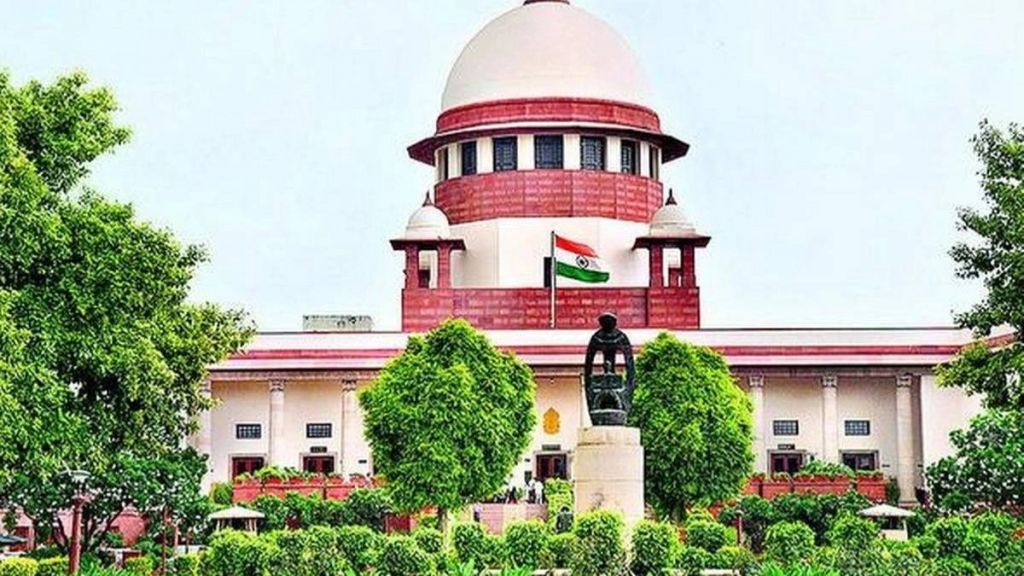
The Supreme Court last week dismissed a Special Leave Petition filed by Sindhi Sangat, a Mumbai-based cultural group for a 24-hour Doordarshan television channel in the Sindhi language. The apex court said that the right under Article 29 of the Constitution for preserving languages of a minority group does not carry an 'absolute or indefeasible entitlement' to the commencement of a separate television channel in that language by the public broadcaster.
The court said that both the single judge and the division bench of the Delhi High Court, where the petition was earlier filed, had come to the conclusion that a writ could not be issued to Doordarshan to provide for a separate television channel for Sindhi speakers. The court added that the High Court had examined whether the right under Article 29 required the government to provide a linguistic group with a television channel in the language. The issue was evaluated and a conscious decision not to provide a Sindhi language channel was taken on grounds which cannot be regarded as extraneous or not germane, the court said.
The demand for a Sindhi channel by Doordarshan, the public television broadcaster, was made nearly two decades ago when the Sindhi community started a a public campaign. In 2009, a project report by the Doordarshan Kendra, Ahmedabad, on the feasibility of a 24-hour Sindhi channel said it would cost Rs 19.51 crores per annum. The issue was also the subject matter of a question in Parliament in March 2011. The subject was considered by the Production and Content Committee of Prasar Bharati Board, which runs Doordarshan, and it was concluded in 2012 that it was not feasible to start the channel.
A writ petition was filed in the Delhi High Court by Asha Chand of Sindhi Sangat for a direction to Doordarshan to allocate a 24-hour Sindhi channel in order to fulfill its Constitutional obligation. During the hearing of the case in the Delhi High Court, Doordarshan filed an affidavit that it follows the same language policy as All India (AIR) which states that 'AIR stations broadcast programmes in the principal language of the region or state in which the station is located' and provision for 'broadcast in dialects and other language is made if there is a communication imperative.' Doordarshan said it has been duly telecasting programmes in Sindhi on its DD Girnar, DD Rajasthan and DD Sahyadri channels, which cover Gujarat, Rajasthan, and Maharashtra where Sindhi speakers are concentrated.
As per the 2011 census, there were 26 lakh Sindhi speakers in the country, with the language's speakers forming the second-largest linguistic group in Gujarat with 10 lakh speakers. Doordarshan said a full-time channel for the viewership of only 26 lakh persons in the country is not sustainable.
During the hearing of the SLP, Indira Jaising, senior counsel representing the petitioner, submitted that apart from the plea for a separate channel on Doordarshan, the reliefs could have been modulated by the High Court. However, the Supreme Court bench of Chief Justice D Y Chandrachud, Justice J B Pardiwala, and Justice Manoj Mishra, said that such a plea was not urged before the High Court. 'Hence, we clarify that the limited ambit of the proceedings before the High Court and this Court was in regard to whether a separate Sindhi language channel should be directed to be provided on Doordarshan. The dismissal of the present proceeding will conclude this aspect of the matter. The Special Leave Petition is dismissed,' the court said.